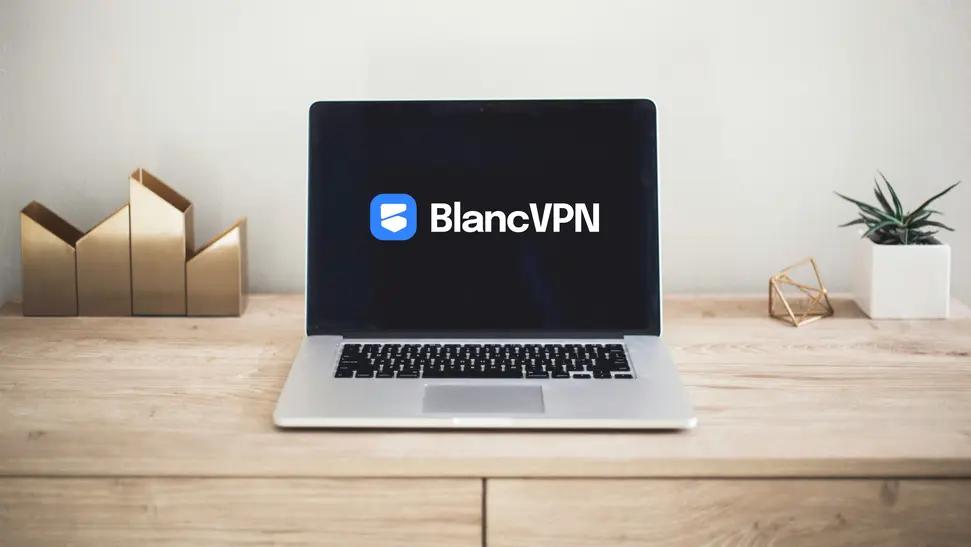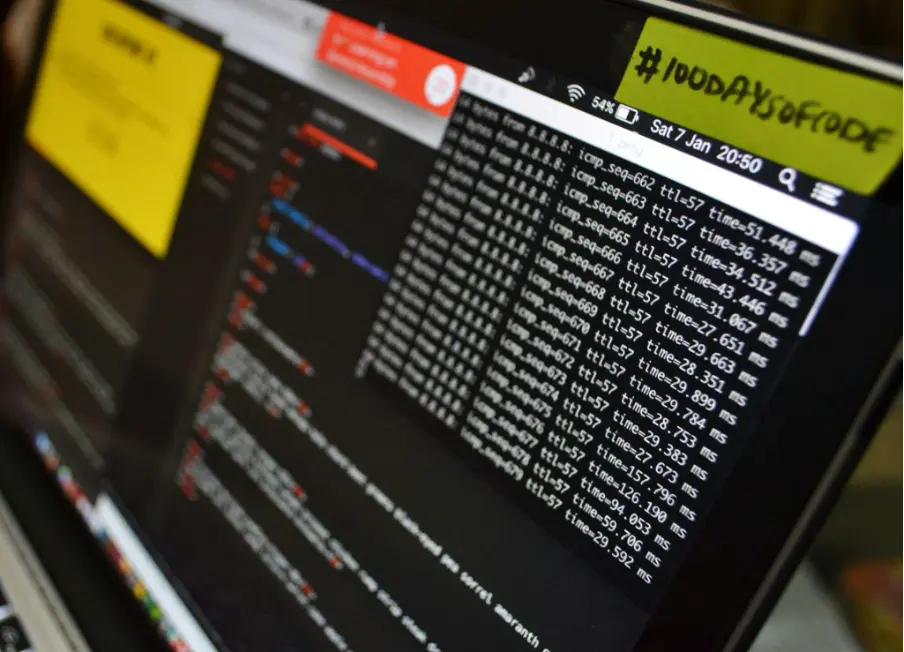Contents
- What is a VPN?
- History and Development of VPNs
- How to Use a VPN
- Preventing Personal IP Tracking and Maintaining Online Anonymity
- Cybersecurity and Data Protection
- 1. VPN Use in Companies
- 2. Enhancing Corporate Network Security
- 3. Importance of VPNs in Remote Work
- Accessing Content via VPN
- Considerations When Choosing a VPN Service
- Legal Issues with VPN Use
- The Necessity of VPNs
- Types of VPN Protocols
- Differences Between VPNs and Proxies
Preventing Personal IP Tracking: Maintaining Online Anonymity with VPNs
With the widespread use of the internet today, personal information protection and cybersecurity have become more critical than ever. Preventing personal IP tracking has emerged as a significant concern. In this context, Virtual Private Networks (VPNs) are gaining attention as an effective solution. This article will explore what a VPN is, how to use it, and how it helps prevent personal IP tracking and maintain online anonymity.
What is a VPN?

A VPN, or Virtual Private Network, is a technology that encrypts your internet connection to securely transmit data. With this virtual private network, users can safely use the internet even on public Wi-Fi and other untrusted networks. Using a VPN hides your real IP address, replacing it with one from the VPN server, thus enhancing privacy and anonymity. This makes it difficult for hackers, advertisers, government agencies, and others to track your internet activity.
History and Development of VPNs
VPN technology first emerged in the 1990s to support remote work for companies. Initially, VPNs were mainly focused on providing secure access to a company’s internal network, but over time, they became widely used by individuals for privacy and security. Today, VPNs are also used to circumvent internet censorship and bypass geographical restrictions.
How to Use a VPN
Using a VPN is very simple. The key is to choose a reliable VPN service. Among the various VPN services, a reputable one like BlancVPN is recommended. BlancVPN offers stable and fast connections and adheres to strict privacy policies.
Steps to Use a VPN:
Choose a VPN Service: Visit the BlancVPN website, select a subscription plan, and sign up.
Download and Install the App: After signing up, download and install the BlancVPN application.
Log In: Once installed, log in with your account details.
Select a Server: Choose the desired VPN server location within the application. BlancVPN has servers in various locations worldwide, allowing users to select IP addresses from different countries (including South Korea).
Connect: Click the 'Connect' button after selecting a server to start the VPN connection. You can now use the internet securely!
Preventing Personal IP Tracking and Maintaining Online Anonymity
Using a VPN hides your real IP address, making it difficult for hackers and malicious users to track your personal information. This is especially important when using public Wi-Fi, which is often insecure and easy for hackers to exploit. A VPN effectively mitigates these risks.
Additionally, VPNs encrypt your internet activities, preventing third parties from spying on your online behavior. This is useful for preventing ISPs and government agencies from tracking your internet usage. Using a VPN allows you to maintain complete online anonymity.
Cybersecurity and Data Protection

VPNs offer many advantages in terms of cybersecurity and data protection. Both businesses and individuals can use VPNs to protect sensitive data and communications. For example, employees working remotely can securely access the company's internal network and transmit sensitive data safely.
VPNs also protect personal information during online banking or shopping. They reduce the risk of sensitive information being exposed to hackers, allowing users to use the internet with confidence.
1. VPN Use in Companies
VPNs have become a crucial security tool in companies, offering key features such as:
Remote Access: VPNs allow employees to securely access corporate networks from anywhere, essential for branch connections or remote support teams. This increases flexibility and productivity in the work environment.
Enhanced Security: Using VPNs on insecure networks like public Wi-Fi encrypts data, preventing critical corporate information from being leaked and protecting the company from internal and external cyber attacks.
Regulatory Compliance: Regulations like GDPR require secure data transmission to enhance personal data protection. VPNs play a vital role in meeting these regulatory requirements.
2. Enhancing Corporate Network Security
Companies can enhance network security through various technical approaches:
Firewall Configuration: Install and manage firewalls at connection points with the outside world to block unauthorized access attempts and identify security incidents.
Authentication and Access Control: Implement authentication and access control mechanisms to verify user identity and restrict access to specific network resources only when necessary. This controls access both internally and externally, strengthening security.
Encryption: Use encryption even during data transmission to maintain the security of sensitive information. Strong encryption technologies prevent data leaks and protect customer data or confidential information.
Regular Security Updates: Regularly apply security patches to network equipment and software to minimize vulnerabilities and apply the latest security technologies.
3. Importance of VPNs in Remote Work

The increase in remote work, especially since the COVID-19 pandemic, has highlighted the importance of VPNs:
Security Protection: VPNs protect data by encrypting it when employees access the internet from home or public places, preventing the exposure of crucial assets or customer data and protecting the company from cyber attacks.
Remote Access: VPNs allow employees to securely access corporate networks to perform tasks, share files, access data, and collaborate with team resources safely.
Productivity Improvement: Secure and rapid data transmission maximizes remote work productivity. VPNs prevent unnecessary data leaks or restricted access, contributing to employee efficiency.
Accessing Content via VPN
One of the main advantages of VPNs is bypassing geographical restrictions. For example, using a VPN to select an IP address from a country where a particular streaming service or website is accessible allows you to freely use that content. This is useful when traveling abroad or wanting to watch content from other countries, such as Korean dramas or movies, even from overseas.
Considerations When Choosing a VPN Service
When choosing a VPN service, consider several essential factors. First, check the security and privacy policies. Trustworthy VPN services encrypt user data and maintain a no-logs policy. BlancVPN meets these criteria, thoroughly protecting user privacy.
Second, server locations and speed are important. The more widely distributed the VPN servers, the more choices users have, and faster internet speeds can be maintained. BlancVPN provides stable and fast connections through hundreds of servers worldwide.
Third, user support service is also an important factor. Ensure there is a customer support team that can quickly resolve issues if they arise. BlancVPN offers 24/7 customer support to promptly address user problems.
Legal Issues with VPN Use
The legality of VPN use varies by country. Some countries restrict or prohibit VPN use, so it is important to check the laws of the country before using a VPN. For example, in countries like China, the government strictly regulates VPN use. However, in most countries, VPNs are allowed and can be used for legitimate purposes to enhance privacy and security.
The Necessity of VPNs
In today's digital age, personal information protection and internet security are no longer optional but essential. With the increase in internet use, risks like hacking, data breaches, and cyber attacks are ever-present. Using a reliable VPN service is crucial for protecting oneself from these risks.
VPNs encrypt internet activities to prevent eavesdropping, ensuring secure internet use even on insecure networks like public Wi-Fi. Additionally, VPNs allow users to bypass geographical restrictions to access desired content freely and protect personal information during online banking or shopping.
Types of VPN Protocols
VPN services are provided through various protocols, each with its advantages and disadvantages, allowing users to choose based on their needs. Common VPN protocols include OpenVPN, L2TP/IPsec, PPTP, and SSTP.
OpenVPN: Offers high security and performance, widely used as a standard in most VPN services. It provides strong encryption, suitable for protecting sensitive data.
L2TP/IPsec: Provides relatively high security and is easy to set up, making it user-friendly. However, it may be slower compared to OpenVPN.
PPTP: Simple to set up and offers fast speeds but is relatively less secure. Therefore, it is not suitable for protecting sensitive data.
SSTP: Mainly used on Windows operating systems, providing high security but may have compatibility issues compared to other protocols.
Differences Between VPNs and Proxies
While both VPNs and proxies hide your IP address and protect internet activities, there are fundamental differences. Proxies relay user internet requests through intermediary servers to hide the IP address but do not provide data encryption, leading to potential security vulnerabilities. In contrast, VPNs offer both data encryption and IP address hiding, maintaining a high level of security.
VPNs are highly effective tools for preventing personal IP tracking and maintaining online anonymity. By using a VPN, users can securely use the internet, enhancing personal information protection and cybersecurity.
Choosing and correctly using a reliable VPN service like BlancVPN is an essential security measure in today's digital environment. Start using a VPN today to protect your internet security and data.
BlancVPN — your gateway to safe and secure internet
Stream, browse, or work safely — even on public Wi-Fi.
Get BlancVPN